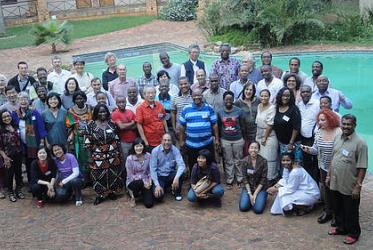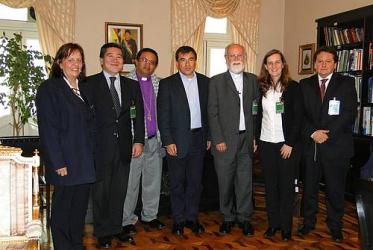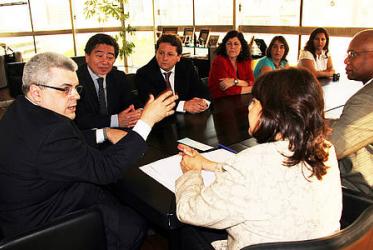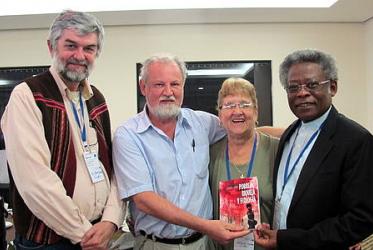Displaying 801 - 820 of 987
Churches engage in development dialogue on Africa
06 March 2013
Working for climate justice is an ethical and spiritual imperative
27 February 2013
EWN invites biblical reflections on water
13 February 2013
Statement on global economy delivered to Bolivia
15 January 2013
Letters to the future: Eco-justice visions in South Africa
13 December 2012
WCC delivers climate change statement at COP 18
07 December 2012
WCC delegation in Doha advocates for climate justice
05 December 2012
Nigerian youth adopt eco-justice for urban neighbourhoods
28 November 2012
EWN observes World Toilet Day at a village in India
26 November 2012
In Myanmar, eco-justice flourishes even in challenging settings
31 October 2012
Youth eco-justice efforts expand
12 October 2012
Leading development economists offer alternatives
04 October 2012















